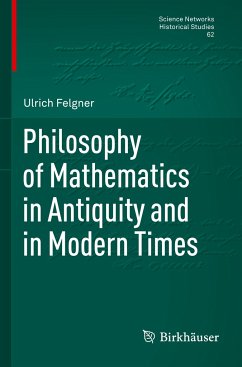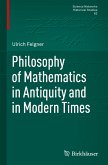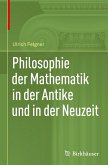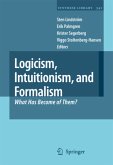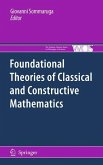»Philosophy of Mathematics« is understood, in this book, as an effort to clarify such questions that mathematics itself raises but cannot answer with its own methods. These include, for example, questions about the ontological status of mathematical objects (e.g., what is the nature of mathematical objects?) and the epistemological status of mathematical theorems (e.g., from what sources do we draw when we prove mathematical theorems?). The answers given by Plato, Aristotle, Euclid, Descartes, Locke, Leibniz, Kant, Cantor, Frege, Dedekind, Hilbert and others will be studied in detail. This will lead us to deep insights, not only into the history of mathematics, but also into the conception of mathematics as it is commonly held in the present time.
The book is a translation from the German, however revised and considerably expanded. Various chapters have been completely rewritten.
The book is a translation from the German, however revised and considerably expanded. Various chapters have been completely rewritten.

